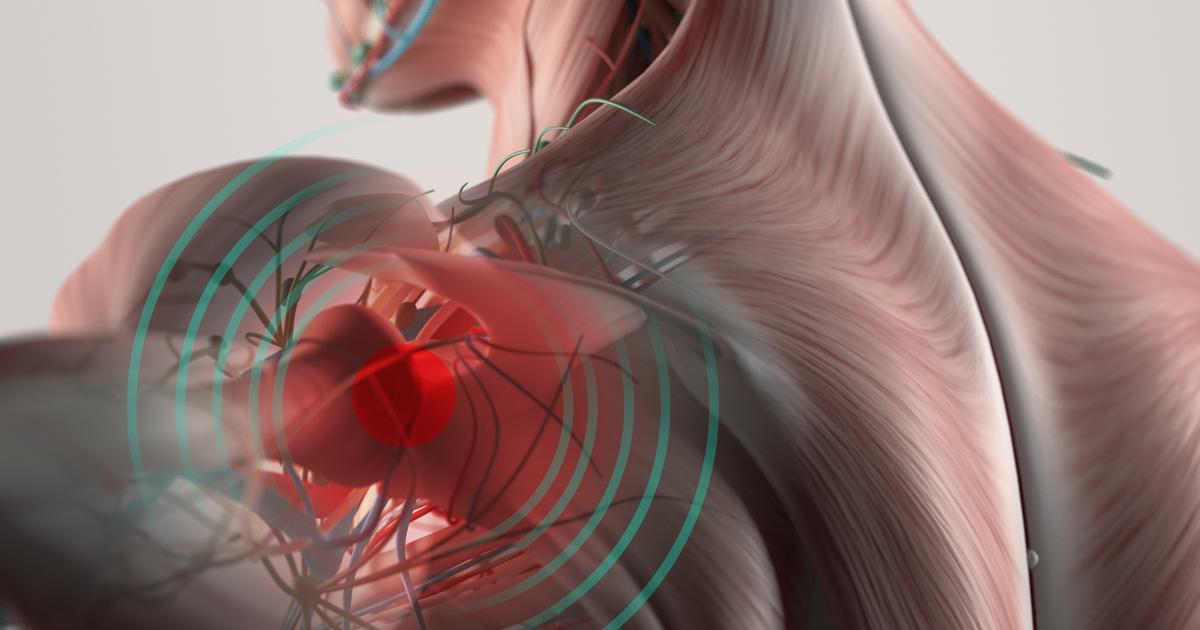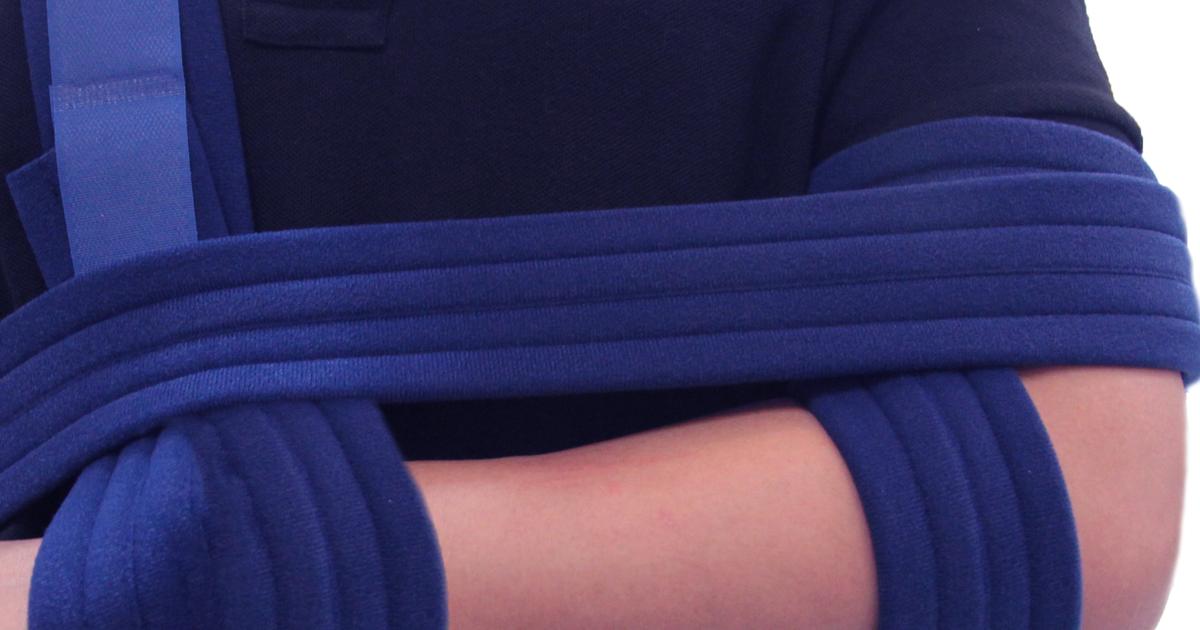What Are The Causes And Complications Of A Rotator Cuff Tear?
Rotator cuff tears are common problems that lead to pain and disability. Nearly two million Americans see their doctors regarding a rotator cuff problem annually. Torn rotator cuffs weaken the shoulder. Not only is this detrimental if individuals need to perform physical labor for their job, but it can also make completing day-to-day tasks more difficult. Getting dressed, buttoning a shirt, and brushing hair may all be painful endeavors. There are multiple causes and potential complications from a rotator cuff tear. When individuals use their shoulder muscles, they should make sure they're always using the proper form and resting when they need to. If an individual has a minor rotator cuff injury, they must let it heal to prevent it from becoming a full-on tear.
Get familiar with the complications and causes of a rotator cuff tear now.
Age-Related Degeneration

Age-related degeneration is responsible for the majority of rotator cuff tears. A degenerative tear is categorized differently from an acute tear, which occurs due to a sudden injury. As individuals age, their shoulder tendons slowly wear down over time. This is a natural part of getting older. It's more common for individuals to develop a rotator cuff tear in their dominant arm. Because these tears are related to degeneration, they tend to cause chronic issues rather than healing completely. A few different factors influence the degenerative aging process. If individuals perform repetitive motions like baseball pitching or tennis serves, their tendon can become worn down and torn due to overuse. Aging also causes less blood to be supplied to the rotator cuff, so there's not the same ability to repair tendon damage. Some patients also develop bone spurs. These bony growths can develop underneath the acromion bone. As an individual's arm lifts, their rotator cuff tendon rubs against the spurs, leading to further wear-and-tear. Rubbing and pinching caused by bone spurs is called shoulder impingement.
Read more about the causes and complications linked to a rotator cuff tear now.
Sports Injuries

Sports injuries can contribute to both acute and degenerative tears. Acute tears are rarer, but they can occur in high-impact or dangerous sports. If an individual's shoulder suddenly undergoes a tremendous impact, like being slammed or wrenched, this can cause the rotator cuff tendon to become stretched past its range of motion and tear. These types of sports injuries are often accompanied by other injuries like broken collarbones. It's more common for the injury to be related to repetitive motion, though, particularly repetitive overhead motion. Baseball and tennis are the best-known sports that increase rotator cuff tear risk. Any sport involving repetitive swinging, throwing, or hitting motions will increase an individual's overall risk.
Get more details on the causes of a rotator cuff tear now.
Trauma To The Rotator Cuff

A rotator cuff tear can be caused by trauma to the rotator cuff. The shoulder capsule includes three major bones and four muscles, all of which are connected by tendons. Shoulder injuries are considered traumatic when the muscles or tendons comprising the capsule become torn. Trauma-induced tears can be either partial or complete. In the case of complete tears, the tendon has a hole in it. Traumatic rotator cuff tears are usually related to rotational and accelerating-decelerating forces against the shoulder. Examples would be using an arm to break a fall, or holding onto a car wheel tightly while bracing for an impact. The sudden slamming and wrenching of the shoulder is what leads to the tear. Traumatic rotator cuff injuries often go hand-in-hand with shoulder impingement.
Continue reading to reveal complications linked to rotator cuff tears now.
Permanent Loss Of Motion

In severe cases, individuals may experience a permanent loss of motion. Most will still be able to move their arms and shoulders to some degree, but their range of motion will be limited. Medical professionals will sometimes recommend undergoing a surgical procedure to repair the rotator cuff, which has the potential to restore the patient's shoulder joint's motion. If the tendon doesn't heal properly, there may also be permanent muscle weakness in both the shoulder and arm. Patients might not be able to lift moderate to heavy objects, especially over their head. An untreated shoulder cuff tear can cause the shoulder joint to degenerate slowly. It's important for patients to see a doctor, rest their shoulder, and follow all other treatment guidance.
Uncover the next complication of rotator cuff tears now.
Frozen Shoulder

Frozen shoulder is a potential complication of a rotator cuff tear. The tear itself won't cause frozen shoulder; however, if patients immobilize their shoulder for recovery, or they avoid moving their shoulder because of the pain, the connective tissue may tighten and thicken. This impedes a patient's range of motion and makes their shoulder feel both stiff and painful. In most cases, the signs start gradually and become worse with time. The condition does tend to resolve rather than causing permanent disability, but it usually takes one to three years to run its course. Frozen shoulder treatment includes physical therapy, numbing medications, and corticosteroids injected into the joint capsule. In rare and severe cases, a doctor might recommend arthroscopic surgery to loosen the patient's shoulder capsule.